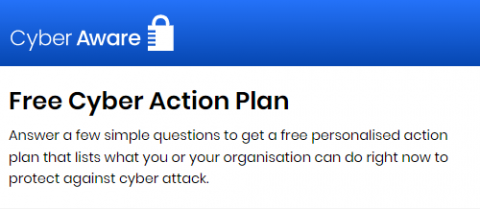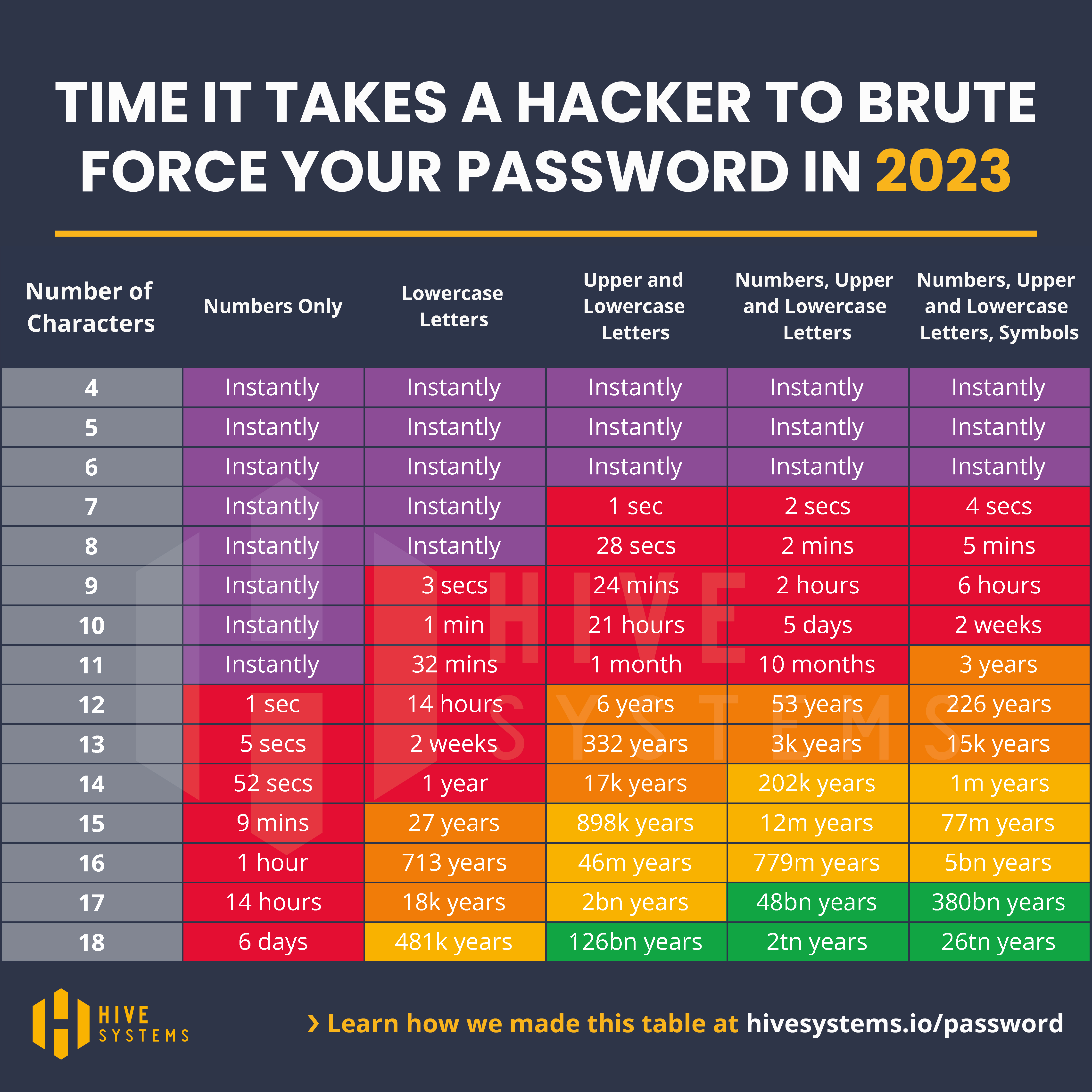
Clarity
Capability
Confidence
What is your cybersecurity persona?
You may be feeling confident that you can spot a phish that is trying to steal your password. Perhaps you are diligent about changing it when you learn about your data leaked in a data breach. However, it could be that your passwords are easy to guess.
If you are doing all the right things... is it strong enough to withstand brute-force attacks?
Brute force attacks are automated attempts to try every combination of every letter, number and punctuation symbol until a password is found.
Take this quiz and find out!
Before starting, think of one specific password you use.
Now, write it down here: ________
(Just kidding, never share your password!)
We have 2 options for this quiz, which one will you choose?
"The path of the Jedi" or "What is a Jedi?"
May the force be with you!
REMEMBER: It is estimated that if your password has 8 characters and includes lowercase and uppercase characters, numbers and special symbols, it would take less than 5 minutes to be cracked in a brute force attack.
If you use a 16-character password with upper and lowercase letters, the time increases to approximately 46 million years!
Even simpler passwords with a higher character count are less vulnerable to cracking in a short period of time.
If you want to have a play: https://www.security.org/how-secure-is-my-password/
(Don’t put your actual password in any password checker)
Want to go a step further?
- Get your security score: https://www.security.org/security-score/
- Create your free cyber action plan: https://www.ncsc.gov.uk/cyberaware/actionplan
Your information
📧 We promise we won't spam you. 💂🏾♂️ We promise we will protect your information.
We will only use your information for the following purposes:
- email you content that you have requested from us;
- with your consent, occasionally email you with targeted information regarding our service offerings and/or events;
- invite your views on cybersecurity in your industry sector;
- continually honour any opt-out request you submit in the future;
- comply with our legal and/or regulatory obligations.
Further information about how we use and protect your information in in our privacy policy.




